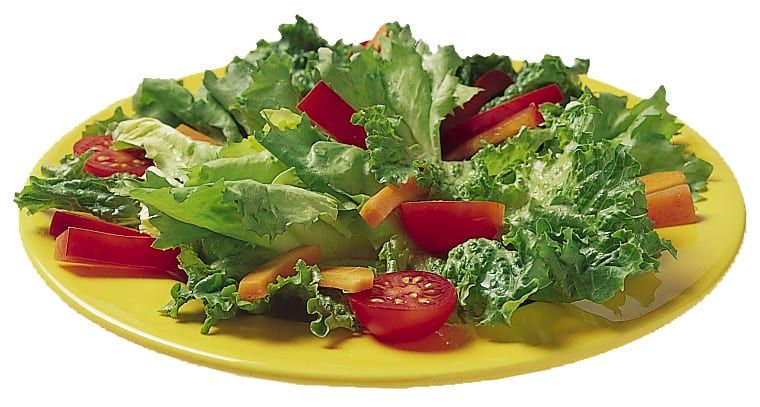
A 2009 study conducted by researchers at the University of Murcia and published in the journal Food Research International revealed the best way to eat artichokes, asparagus, beans, beetroot, broccoli, Brussels sprouts, carrots, cauliflower, celery, cucumbers, aubergines, endive, garlic, green beans, leek, lettuce, corn, onions, peas, radish, spinach, chard, courgette and pepper.
The research analysed 24 fresh vegetables, kept at 4°C in the fridge, frozen at -20°C and stored in a canning jar for 18 months.
Of the 24 vegetables tested, not all have the same energy to fight free radicals. Darker-coloured vegetables such as beetroot, spinach, chard, beans and artichokes neutralise them to a greater extent than 75%.
With an antioxidant power between 50 and 75% we find garlic, endive, Brussels sprouts, peas, maize, broccoli, courgette, aubergine, carrots, onions, asparagus, lettuce, celery, cucumbers, green beans and radish. Finally, cauliflower, leeks and peppers help against free radicals by 25 to 50%.
They should only be kept in the fridge for one day, as this is when they lose between 0.3 and 0.8% of their antioxidant power according to this study. The exception is cucumbers and courgettes, which lose between 24 and 34% of their antioxidant capacity from the first day.
The freezer is not a good conservation element either, as the vegetables analysed lose between 15 and 26% from the first day they are in it. When canned, they lose all their antioxidant power from the first moment they are in the freezer.
Eating according to genetics
At Biosalud, we are aware of the importance of the feeding to lead a healthy life. But we also know that not everyone has the same nutritional needs on a daily basis, either because of their lifestyle or, above all, because of their genetics. For this reason, we carry out a fully personalised study for everyone who comes to our nutrition unit.
Two analyses are carried out at Biosalud to determine the personalised dietary guidelines that each person should follow. Firstly, we have a food intolerance study that includes more than 300 allergens.
FoodGen is an analysis by means of which Biosalud analyses the genetics of our patients to provide them with totally accurate and personalised dietary guidelines based on these results.

